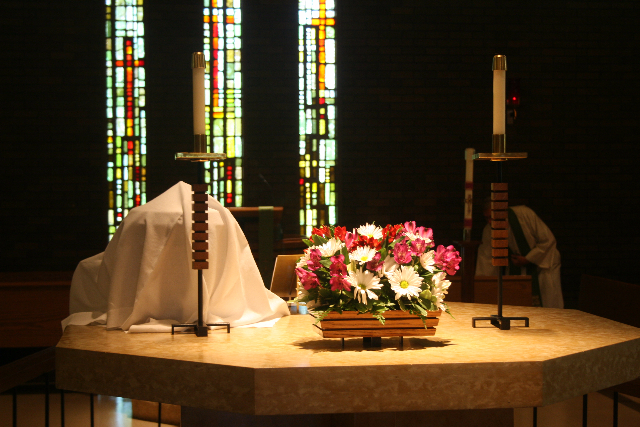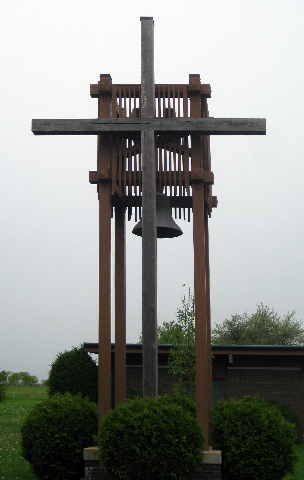A New Year, New Beginnings for the Christian Steward
The practice of making New Year’s resolutions goes back over 3000 years. The start of a New Year gives us the feeling of a fresh start, a new beginning, and new opportunities. It is a time when people feel that they can begin anew with their lives. Common New Year’s resolutions are to lose weight, exercise more and eat healthier; or to spend more time with family. Still others include managing money better and being more organized.
Although there is nothing in the Bible or notable in Christian tradition about New Year’s resolutions, many good stewards take advantage of this time of year to become closer to the Lord. They may re-commit themselves to pray more, to read the Bible, or to attend worship more regularly. If you are looking for some ideas for your New Year’s resolutions, here are a few to get you started:
Practice gratitude – Cultivating a grateful heart is the hallmark of a Christian steward. Every day, express thankfulness to the Lord and to others. Encounter the Lord each day – find time to be with the Lord each day, whether it be for an hour or ten minutes. Have a conversation with the Lord. Give your joys and worries to Him as well. Allow God’s love to transform them. Our encounters will keep our eyes and ears open to the presence of Christ in our midst.
Be present to others – There is much celebration and mourning, joy and sorrow in peo-ples’ lives. What a blessing it is to be able to share those times and not let others experi-ence them alone. The gift of your presence to others is much more valuable than you realize.
Resist overwork – There is a pressure to produce, meet goals, be successful. But activi-ties that lead us to overwork, constant fatigue and worry do not give glory to God. What God calls us to do we can do well. Be mindful that life requires balance, down time and letting go of unrealistic goals.
Nurture friendships – Our friends are those we choose to be with, those with whom we spend our evenings, with whom we vacation, to whom we go to for advice. Friends are gifts from God who give us a greater appreciation of God’s love for us. Friends need our time and love.
Give more – Good stewards realize that everything they have is entrusted to them as a gift to be shared. There is no better place to begin than sharing with the community that gathers around the Lord’s table at worship. Consider what you are giving to the congre-gation and commit to an even greater contribution as circumstances allow.
Consider living more simply – We cannot find fulfillment in possessions. They add nothing to our self-worth. Jesus blessed the “poor in spirit” in his Sermon on the Mount; and Saint Francis of Assisi urged us to live with only what was necessary, for that is how we begin to find God.
Get healthy – Studies show that most people in North America are accelerating their own decline into premature old age, owing to poor diet and lack of physical activity. Be a good steward of your body. If necessary, plan a complete overhaul of your diet and exercise habits.
Don’t give up – People give up their New Year’s resolutions because of perfectionism and unrealistic expectations. So, take it slowly, be kind to yourself and keep trying. Resist the urge to throw your hands up and quit. You succeed through small, managea-ble changes over time.
Turn to the Lord – Ask the Lord for guidance, strength and perseverance in achieving your resolutions. In his letter to the Philippians, Saint Paul writes: “I can do everything through Him who gives me strength” (Phil 4:13). If God is the center of our New Year’s resolutions, they have a better chance for success.
The Board of Stewardship










